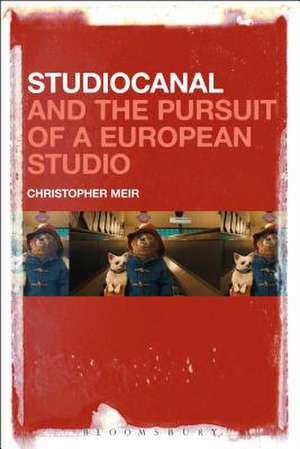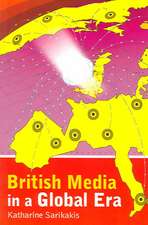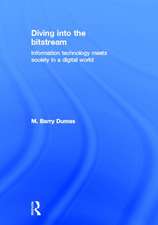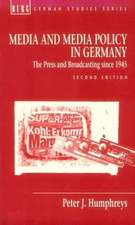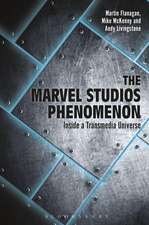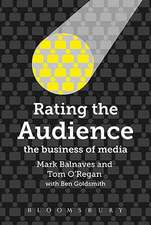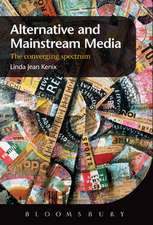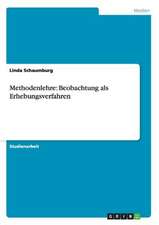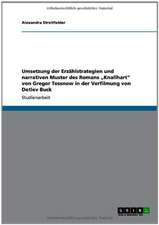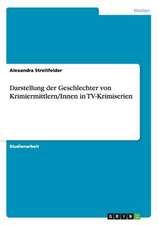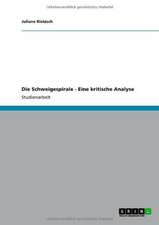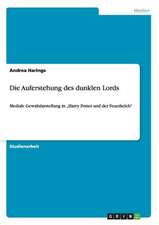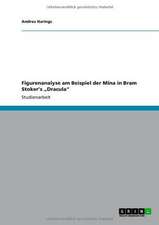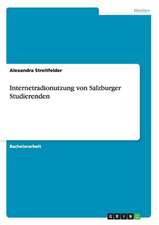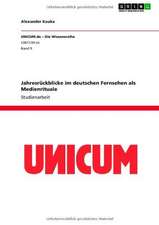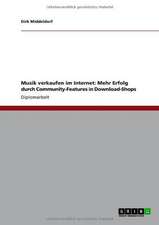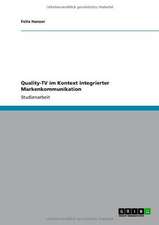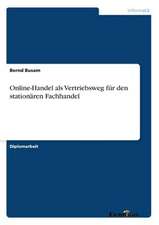Mass Producing European Cinema: Studiocanal and Its Works
Autor Dr Christopher Meiren Limba Engleză Hardback – 6 feb 2019
| Toate formatele și edițiile | Preț | Express |
|---|---|---|
| Paperback (1) | 224.58 lei 6-8 săpt. | +83.43 lei 7-11 zile |
| Bloomsbury Publishing – 19 aug 2020 | 224.58 lei 6-8 săpt. | +83.43 lei 7-11 zile |
| Hardback (1) | 656.90 lei 6-8 săpt. | |
| Bloomsbury Publishing – 6 feb 2019 | 656.90 lei 6-8 săpt. |
Preț: 656.90 lei
Preț vechi: 943.37 lei
-30% Nou
Puncte Express: 985
Preț estimativ în valută:
125.71€ • 136.51$ • 105.60£
125.71€ • 136.51$ • 105.60£
Carte tipărită la comandă
Livrare economică 22 aprilie-06 mai
Preluare comenzi: 021 569.72.76
Specificații
ISBN-13: 9781501327124
ISBN-10: 1501327127
Pagini: 272
Ilustrații: 14 bw illus
Dimensiuni: 152 x 229 mm
Greutate: 0.52 kg
Editura: Bloomsbury Publishing
Colecția Bloomsbury Academic
Locul publicării:New York, United States
ISBN-10: 1501327127
Pagini: 272
Ilustrații: 14 bw illus
Dimensiuni: 152 x 229 mm
Greutate: 0.52 kg
Editura: Bloomsbury Publishing
Colecția Bloomsbury Academic
Locul publicării:New York, United States
Caracteristici
A concise, clear and engaging exploration of the relationship between industrial contexts and the films and television programs that emerge from them
Notă biografică
Christopher Meir is a UC3M CONEX Fellow in the Department of Journalism and Audiovisual Communication at the University of Carlos III Madrid, Spain. He is the author of Scottish Cinema: Texts and Contexts (2014) and co-editor of Beyond the Bottom Line: The Producer in Film and Television Studies (2014). He has also published numerous articles and book chapters on industrial issues in Film and Television Studies.
Cuprins
AcknowledgementsIntroduction: Studio Building in Contemporary European CinemaChapter 1: The Bones that Litter the Shore: A Brief History of Integrated, Pan-European StudiosChapter 2: Le Studio Canal+ as "Dumb Money:" Working within Hollywood and Building a Library: 1990-1999Chapter 3: Surviving Jean-Marie Messier and Vivendi Universal: 1999-2006Chapter 4: Once More into the Breach: International Expansion 2006-PresentChapter 5: The European Studio as Creative Force: Defining and Analyzing Studiocanal's Output, 2006-PresentChapter 6: Studiocanal's Mining of the MiddlebrowChapter 7: Studiocanal and Popular Genre Cinema and TelevisionAppendix 1: International Films and TV Dramas Made by StudioCanal, 2009-2017Appendix 2: Film and Television Drama Projects Developed by StudioCanal, 2006-PRESENTBibliographyIndex
Recenzii
The recent emergence of several European studios that integrate production and distribution as global players is symptomatic of the profound changes that are taking place in the international screen industries. In this important book, Christopher Meir helps understand these changes by providing a detailed account of Studiocanal, arguably the most interesting and successful of these studios. Showing a command of the historical development of European cinema, industry economics and relevant scholarship, Meir provides a detailed analysis of the company's evolution, business practices its key outputs that will be of significant value to all those interested in the changing nature of the film and television industries.
Christopher Meir's ambitious, expansive, and engaging book charts how Studiocanal's evolution fits within the larger history of European studios, shedding much-needed light on the transformations taking place in the financing, production, and distribution of global film and television from the 1990s through the 2010s. Even more impressively, his case studies of noted properties like Stargate, The Pianist, Happy Valley, and Shaun the Sheep help ground his discussion and illustrate the opportunities and challenges involved in forging a "pan-European" enterprise.
This exceptional book provides timely and comprehensive analysis of Studiocanal as a globally-oriented pan-European studio, focusing on interrelationships between its corporate history and broader industrial contexts on one hand and the films and television programs it has produced on the other. This first-of-its kind in-depth analysis of a contemporary European studio is invaluable in helping us understand what has been happening with European cinema vis-à-vis Hollywood and global market trends. Christopher Meir's focus on the vertically and horizontally integrated Studiocanal and its ambitions in cross-border distribution allows him to avoid the usual pitfalls of studying European cinema in terms of big directors, artistic movements, and national borders. At the same time, he apparently never stopped being an authentic film fan, in each of the chapters presenting intimate knowledge and sympathy for a diverse film output he critically comments. He always draws on meticulous research of a wide variety of trade-press sources and writes with crystal clarity that will help students to use his book in classes. This is an exemplary scholarly work proving the key importance of media industry studies, as a discipline cultivated mostly by American scholars, for understanding the changes European film and television is going through.
With Mass producing European cinema, Meir succeeds in demonstrating convincingly that European cinema is industrial, too, and maybe more importantly, that its films are capable of becoming global hits, which might set some readers' minds at rest: Europeans can (still) influence film culture globally.
A valuable contribution to the fieldof European studies and the corporate-oriented historiography.
Christopher Meir's ambitious, expansive, and engaging book charts how Studiocanal's evolution fits within the larger history of European studios, shedding much-needed light on the transformations taking place in the financing, production, and distribution of global film and television from the 1990s through the 2010s. Even more impressively, his case studies of noted properties like Stargate, The Pianist, Happy Valley, and Shaun the Sheep help ground his discussion and illustrate the opportunities and challenges involved in forging a "pan-European" enterprise.
This exceptional book provides timely and comprehensive analysis of Studiocanal as a globally-oriented pan-European studio, focusing on interrelationships between its corporate history and broader industrial contexts on one hand and the films and television programs it has produced on the other. This first-of-its kind in-depth analysis of a contemporary European studio is invaluable in helping us understand what has been happening with European cinema vis-à-vis Hollywood and global market trends. Christopher Meir's focus on the vertically and horizontally integrated Studiocanal and its ambitions in cross-border distribution allows him to avoid the usual pitfalls of studying European cinema in terms of big directors, artistic movements, and national borders. At the same time, he apparently never stopped being an authentic film fan, in each of the chapters presenting intimate knowledge and sympathy for a diverse film output he critically comments. He always draws on meticulous research of a wide variety of trade-press sources and writes with crystal clarity that will help students to use his book in classes. This is an exemplary scholarly work proving the key importance of media industry studies, as a discipline cultivated mostly by American scholars, for understanding the changes European film and television is going through.
With Mass producing European cinema, Meir succeeds in demonstrating convincingly that European cinema is industrial, too, and maybe more importantly, that its films are capable of becoming global hits, which might set some readers' minds at rest: Europeans can (still) influence film culture globally.
A valuable contribution to the fieldof European studies and the corporate-oriented historiography.
